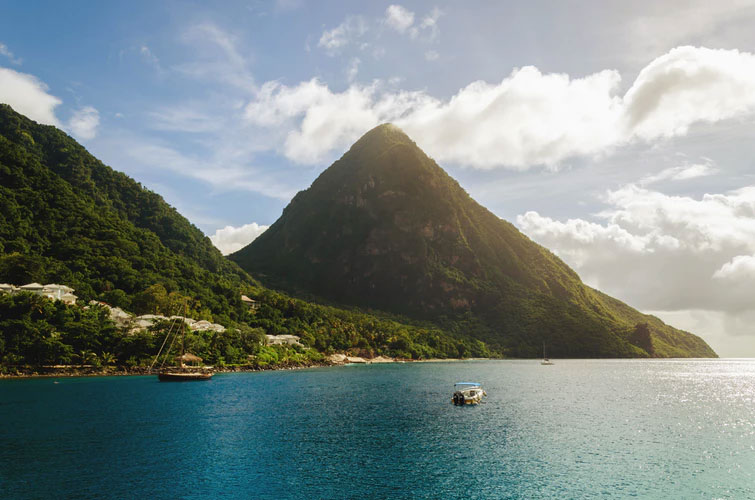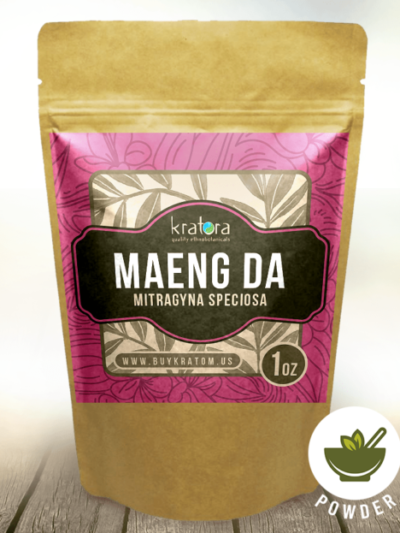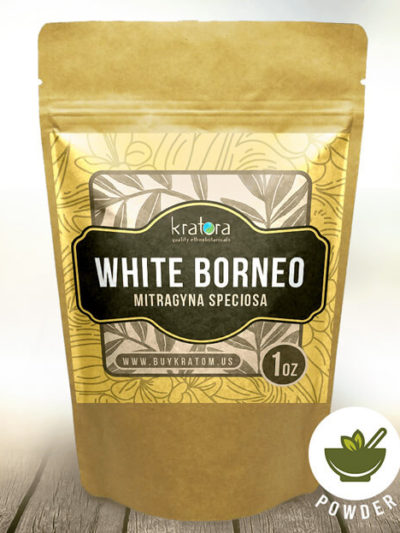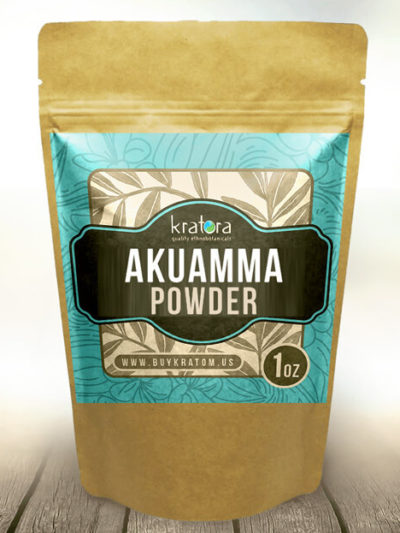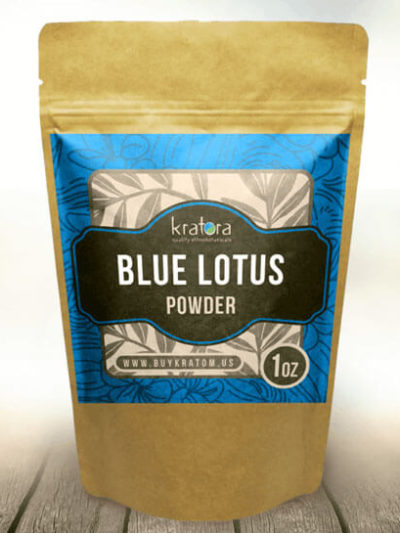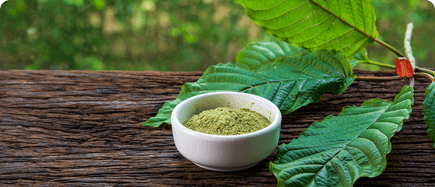For centuries, kava grew exclusively within the Pacific Islands in relative secrecy. Locals had developed a fondness for the plant’s sedating and mood-elevating properties, and kava eventually spread to other regions, including Hawaii. However, it wasn’t until Captain James Cook formally discovered kava in the 18th century that the world took note.
In the years to follow, kava’s influence expanded throughout Oceania and beyond, becoming a global commodity. Eventually, the plant’s unique properties caught the attention of researchers, who were eager to explore kava kava extract powder’s potential uses and risks.
Thanks to the efforts of these researchers, we now know more about kava kava root powder than ever. And yet, after all these years, the subject of what these kava kava studies have unearthed still raises more questions than answers.
What is Kava Kava Powder?
Kava — also known by its botanical name, Piper methysticum — is a shrub that grows in hot, humid regions, specifically the Pacific Islands. Unlike other psychoactive plants, such as blue lotus and kratom, kava’s pharmacological properties are derived from its roots rather than its leaves.
To create kava kava powder, farmers collect the plant’s roots and grind them into a finer consistency using a mortar and pestle. This process preps the kava by releasing the root’s moisture and heightening the plant’s potency. Typically, kava is prepared fresh, as dried kava root contains less moisture and is, therefore, less potent.
Kava kava extract powder has several notable psychoactive properties that scientists now study today; however, for centuries, the mechanisms behind kava’s effects weren’t fully understood. Thankfully, today’s kava kava studies have highlighted the role of kavalactones — a class of organic compounds that imbue kava kava powder with psychoactive properties. At present, researchers are looking into kava for stress and have identified more than a dozen kavalactones, although several specific kavalactones appear to be chiefly responsible for the plant’s effects:
- Yangonin can relieve stress and anxiety by interacting with the CB1 and CB2 cannabinoid receptors
- Desmethoxyyangonin can increase mood by elevating dopamine and serotonin levels
- Kavain appears to reduce stress and relieve pain and discomfort
Therapeutic Potential & Future Applications
Although kava root is often seen as a recreational substance, the plant’s history reveals a wide variety of traditional therapeutic applications. In Hawaii, kava kava extract powder has been used to address various ailments, including asthma and lung, skin, and urinary disorders. In Germany, kava kava even predated penicillin as a treatment for gonorrhea.
According to recent research, kava kava powder demonstrates potential in many other areas — although some of its tentative applications remain untested.
Kava Kava as a Muscle Relaxant and Pain Reliever
Like other similar botanicals, kava kava possesses muscle-relaxing and pain-relieving properties; however, researchers didn’t understand these facets of kava kava’s effects until further tests were conducted.
In a study with mice, one team of researchers found that “Both aqueous extracts and lipid-soluble extracts (kava resin) used for intoxicating beverage kava exhibit analgesic effects in mice.” The authors also noted that several kavalactones in the kava kava extract powder — kawain, dihydrokawain, methysticin, and dihydromethysticin — were “very effective in producing analgesia.”
When the authors of the kava kava mice study attempted to reverse the kava’s effects with naloxone, the drug proved ineffective. Their findings suggest that kava kava powder’s analgesic effects aren’t induced like opiates or opioids.
Kava Kava for Anxiety
At the turn of the century, researchers began exploring kava kava’s potential as an alternative to pharmaceutical anxiolytic (anti-anxiety) drugs. Various studies were conducted, and in 2000, authors Pittler and Ernst reviewed the available literature on the topic in a meta-analysis. Sure enough, they concluded that “…kava extract [powder] is superior to placebo as a symptomatic treatment for anxiety. Therefore, kava extract is an herbal treatment option for anxiety that is worthy of consideration.”
However, before kava kava powder can be utilized as a therapeutic agent, researchers will have to address the plant’s biological diversity. Just as kava kava can vary in quality and potency, the severity of the plant’s adverse effects can vary from sample to sample, too. Some kava kava varieties — often referred to as “non-noble” kavas — are associated with greater health risks due to elevated levels of harmful compounds called flavokavains.
Risks & Safety
Although most research efforts have revolved around exploring kava kava’s beneficial properties, many researchers have uncovered risks associated with the plant’s use.
In one study, the authors surveyed a group of Australian aboriginals, some of which had been using kava kava powder. The researchers found that, among these aboriginals, heavy kava kava extract powder use was associated with malnutrition, liver damage, weight loss, and other adverse health effects.
Separate kava kava studies have drawn attention to the plant’s interactions with other substances. In this study, researchers examined how various botanicals affected human enzymes. After observing that kava increased levels of CYP3A4 — an enzyme that’s responsible for drug metabolism — the authors concluded that kava consumption could alter the way other drugs are metabolized in the body, including pharmaceuticals.
The Future of Kava Kava Powder: Regulation & Accessibility
Although recent research has shed light on the potential uses and risks of kava kava, the plant will likely remain legal to grow, sell, buy, and consume in most countries of the world.
Nonetheless, kava was the target of stringent regulation during the 2000s. In 2002, Canada prohibited the sale of all kava-containing products in its borders for eleven years before lifting the ban in 2013. Similarly, the European Union placed a moratorium on kava pharmaceuticals in 2002, which led to regulatory measures in Switzerland, France, and the Netherlands.
In the United Kingdom, medical kava products are illegal to sell, import, and distribute, but kava kava extract powder is still legal for personal use.
-
Energy
Maeng Da Kratom Powder
From $12.99 Shop Now This product has multiple variants. The options may be chosen on the product page -
Energy
White Vein Borneo Kratom
From $10.99 Shop Now This product has multiple variants. The options may be chosen on the product page -
Relaxing
Akuamma Powder
From $10.99 Shop Now This product has multiple variants. The options may be chosen on the product page -
Sale!
Body and Mind
Blue Lotus Powder
From $8.99 Shop Now This product has multiple variants. The options may be chosen on the product page
Shop premium ethnobotanicals from Kratora. Order today to receive same-day shipping on orders submitted before 3 p.m. Eastern Time Monday through Friday and 1 p.m. Eastern Time on Saturdays (excluding holidays).
Please note that none of the products sold on our website are intended to diagnose, treat, cure, or prevent any disease or medical condition.
Want to learn more about kratom quality and value? Start here:
Why Buying Cheap Kratom Can Be Dangerous
